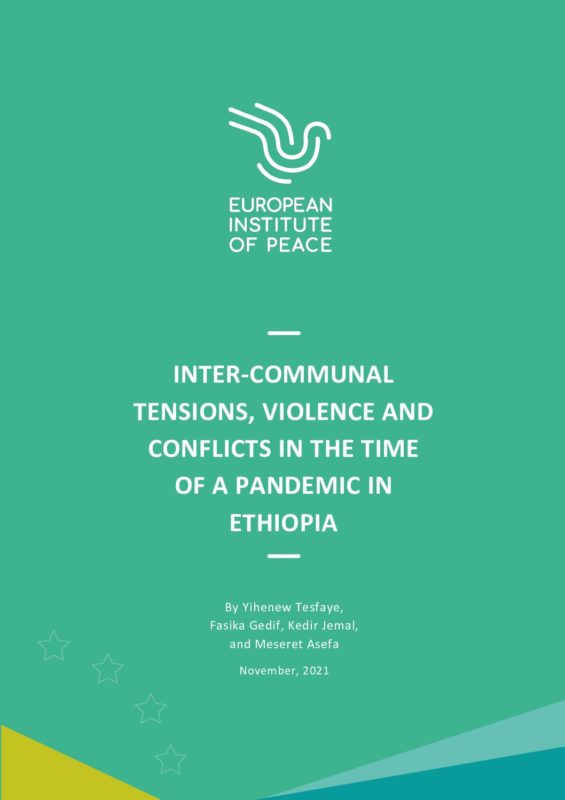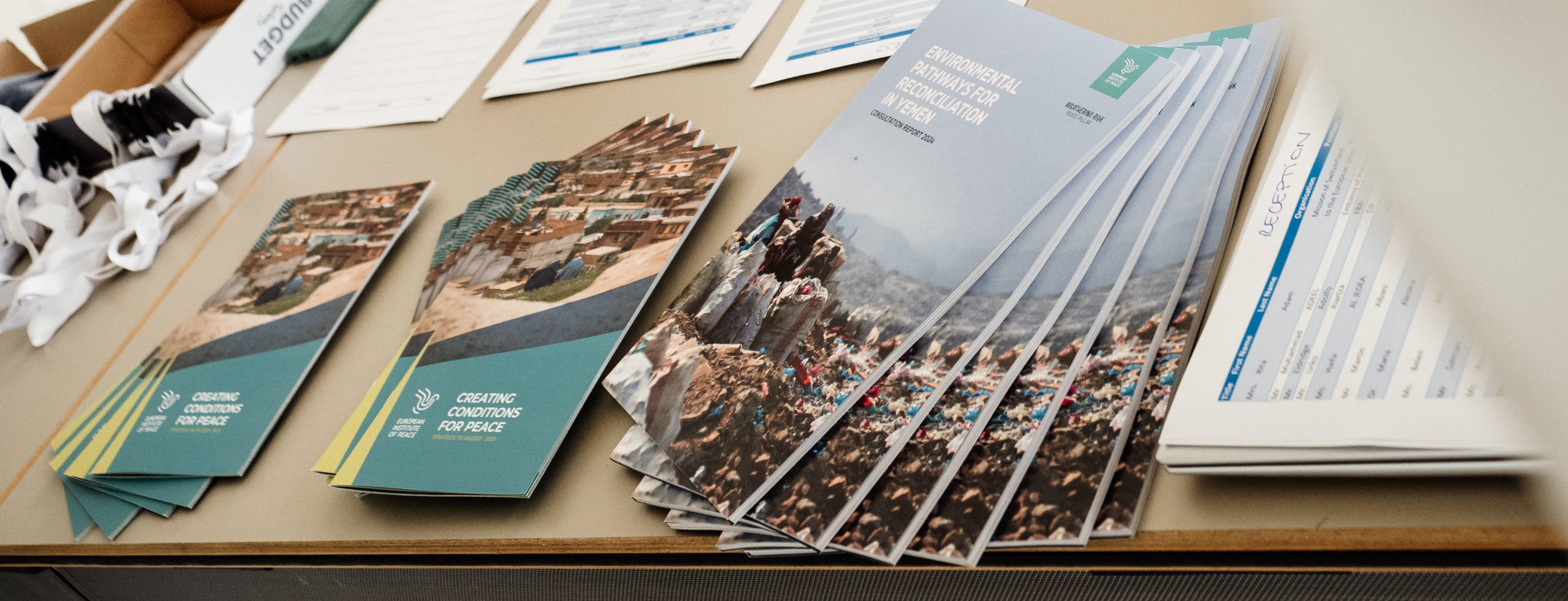Inter-communcal tensions, violence and conflicts in the time of a pandemic in Ethiopia

The ongoing conflict in northern Ethiopia−in the Tigray region and adjacent Amhara and Afar zones−has controlled the last twelve months discussions and analyses of Ethiopian politics. The magnitude of the conflict, associated humanitarian crisis, and the news about the crisis (sometimes with deliberate circulations of misinformation) have made this the most significant political challenge of the nation since the 1998 Ethio-Eritrea war. However, recent political developments in Ethiopia feed into each other, and it remains imperative to keep examining continued inter-communal tensions, violence and conflicts in Ethiopia and analysing the ramification of the Covid-19 pandemic on outstanding and novel inter-communal tensions and conflicts in the country. As this report shows, political developments are, directly or indirectly, linked with the outbreak of the Covid-19 pandemic, which has escalated hitherto mostly localised inter-communal tensions and fueled armed conflicts in Ethiopia.
The primary aim of this study is to investigate the impact of the Covid-19 pandemic on Ethiopia’s political situation and inter-communal tensions, violence, and extremism. By taking cases from the Metekel zone in Benishangul-Gumuz region, from the central and west Gondar zone (largely the Chilga district) in the Amhara region, and the east Hararghe zone in the Oromia region, this report discusses what occurred during incidents since the onset of the pandemic, how sources attribute the causes of these incidents, and how the narratives of sources, directly or indirectly, implicate the pandemic in triggering or aggravating these incidents.

